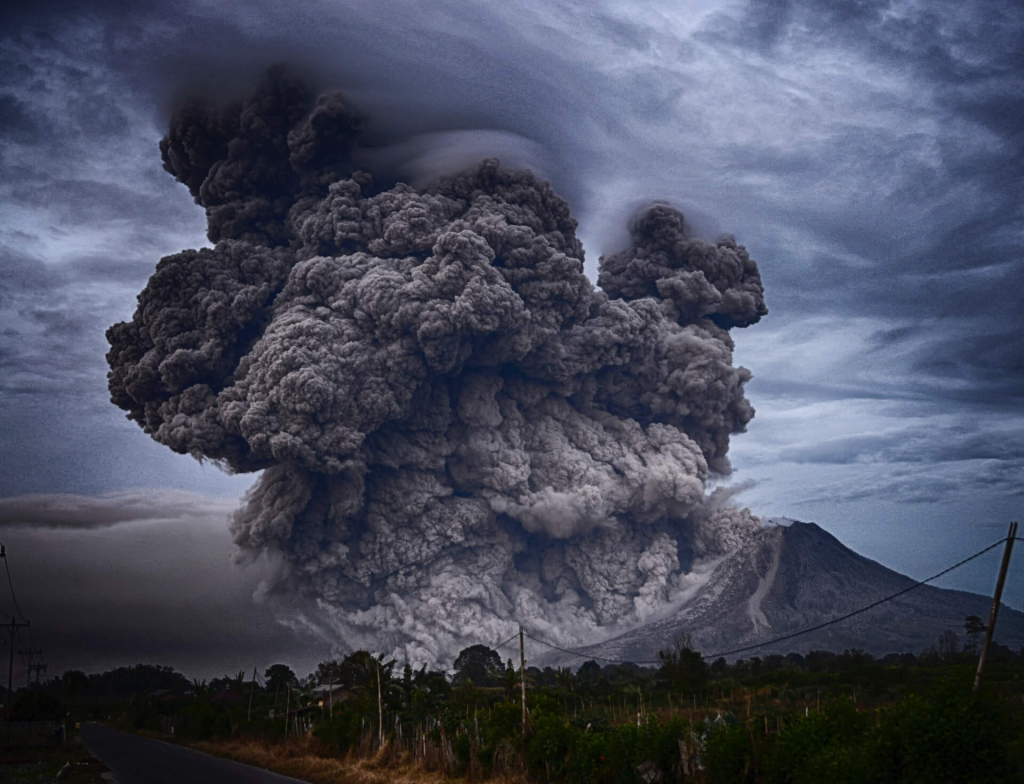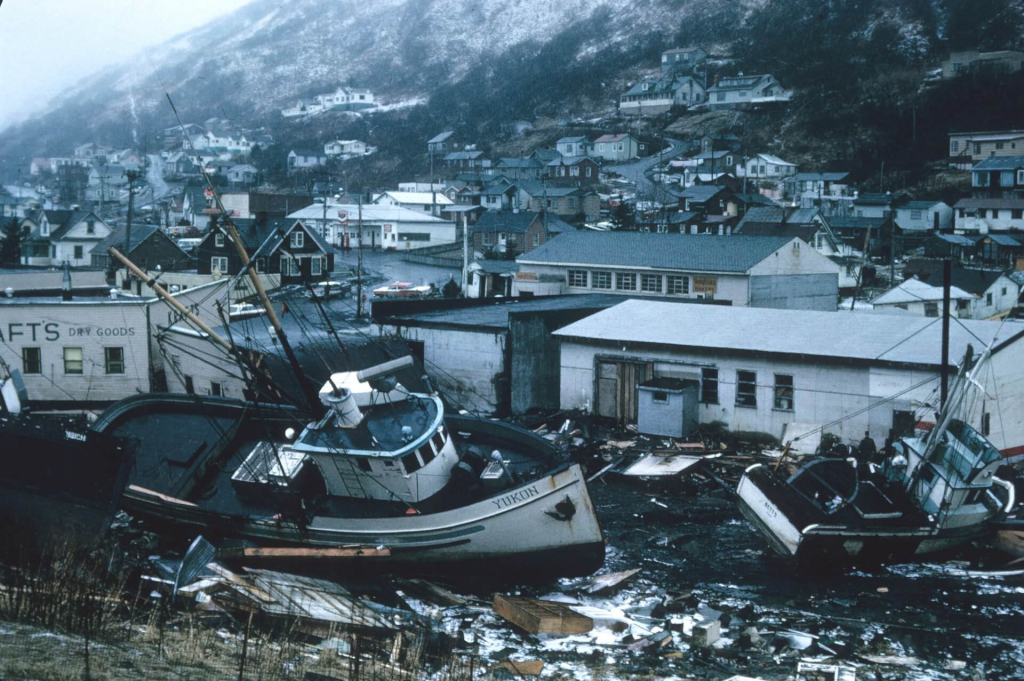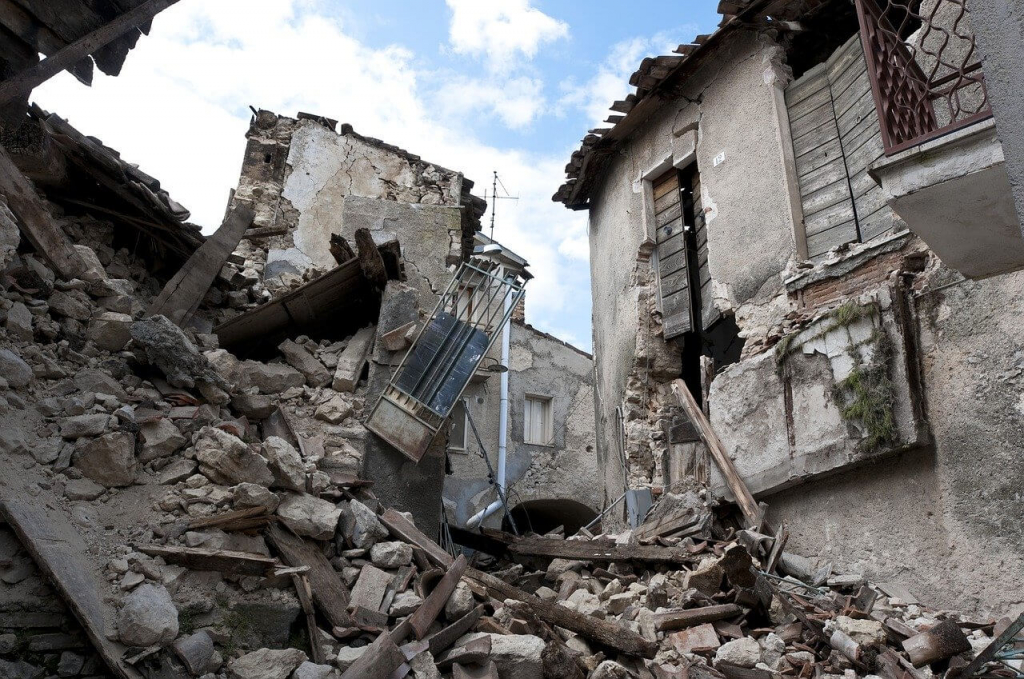One of the things to consider when acquiring a property is the location. It can be one of the reasons a tenant will either want to rent or not. They will not only look at the accessibility or crime rate of the neighborhood. They will also consider if the area is prone to natural disasters.
Natural disasters can sometimes be detected, while some are unexpected. They are often dangerous and tragic that there are people who lose their lives because of it. As a landlord, you should be aware of the natural disasters that may occur in your area so you can prepare for it.
Here are some examples of natural disasters:
- Hurricanes and Flood Earthquakes
- Volcanic Eruptions
- Tsunamis and Tornados
- Wildfires
- Landslides and Sinkholes
The occurrence of these disasters can affect the economy significantly. Not to mention the damages it can cause to businesses and properties. Through the years, experts have observed that there are areas more prone to disasters compared to others.

For example, in the midwest part of the country, the possibility of tornados happening are high. On the other hand, the west region is prone to wildfires due to the dry forests in the area.
Another example is the west coast part of the country, which is also likely to experience wildfires, but earthquakes have a higher possibility to occur. This region has experienced earthquakes that caused massive damages to properties.
Knowing which disasters will most likely occur can help you prepare and plan the proper actions to avoid danger and financial losses.
Insurance
Disasters oftentimes damage properties, and no one can blame anyone for that. That is why all landlords should have insurance because they will give financial assistance for any damages. You should also check the coverage of your insurance policy to verify if it includes calamities. You may need to purchase additional insurance, depending on the standard coverage. I suggest that you take pictures of your property that can be used as a basis if disasters strike.
You can also encourage your tenants to get their renter’s insurance. They do not own the property, but they do have personal belongings that can be insured.

Lease Agreements
Your lease agreements should always be accurate and detailed. Do not forget to include the terms and conditions should a calamity occurs. For example, what will happen if the property will be rendered uninhabitable after the disaster? Should the tenant hold off in paying the rent until the property is fully restored? Is the lease automatically terminated?
The lease agreement should be able to answer these questions and should be discussed with the tenant before signing. Be sure to use the appropriate wordings or terms to avoid confusion.
Building Preparation
You can make sure that your property is stable because you have an idea of which disasters are more likely to occur. For example, if your property is in an area prone to wildfires, you should avoid planting trees and bushes near the building. Remind your tenants to avoid having dried leaves and plants in their yard or gutter.
For earthquake-prone areas, secure the heavy appliances by bolting it properly because they might fall over and hurt someone. There are also pieces of furniture that can withstand ceiling collapse. You can invest in earthquake-proof tables where your tenants can take cover while there is an ongoing earthquake. Having this kind of furniture can also attract potential clients when they check out your property listings at Padleads.

Documentation
You must keep your documents such as insurance files and lease agreements in a safe place where they won’t be damaged or lost after a disaster. Utilize the technology and make digital copies that you can access on your computer and phone. They will serve as your back-up records in case your property is severely damaged.
We have no control over natural disasters. The best thing we can do is prepare and plan to minimize the problems it can cause. It is better to be vigilant and ready.